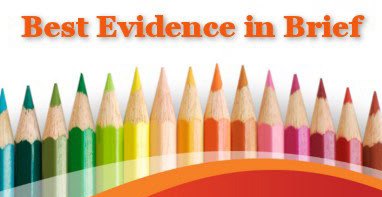Research shows that when assessment is properly used, it effectively strengthens long-term retention and facilitates new learning. Yet some say there is over-testing in our schools and prefer minimizing classroom tests and quizzes. A meta-analysis by Yang and colleagues in 2021 investigated the impact of quizzes on academic performance across 222 classroom studies over 90 years, comparing quizzing to no quizzing. It found quizzing enhanced exam scores by nearly half a standard deviation (g = +0.50), highlighting its power to improve outcomes.
Different quizzing formats had different effects. Fill-in-the-blanks (g=+0.77), short answers (g=+0.64), and multiple choice (g=+0.57) produced relatively larger effect sizes, while free-recall produced the smallest (g=+0.24). Quizzes demonstrated a larger impact on learning than did no-activity or filler tasks (g=+0.61), but was not significantly different from the effects of elaborative strategies such as concept mapping, note-taking, or summarizing (g=+0.10). In addition, matching format between quiz and final assessment yielded higher effects (g=+0.53) than inconsistent test format (g=+0.40).
Despite skepticism surrounding testing, a second meta-analysis in 2023 by the principal author reinforced the positive evidence of assessments, with results demonstrating that quizzing moderately reduces test anxiety (g=-0.52). The authors recommended that practitioners regard testing as a learning tool instead of simply an assessment technique, and provided theoretical explanations of the testing effect in their article.

